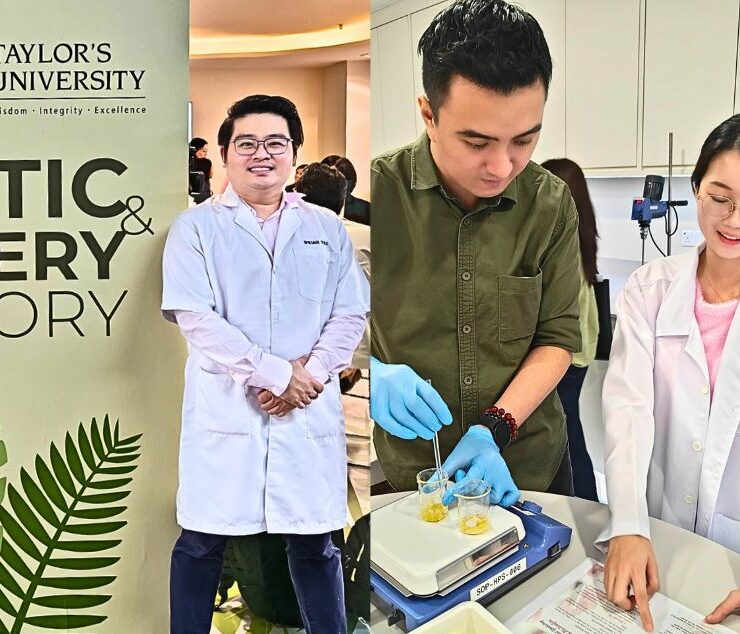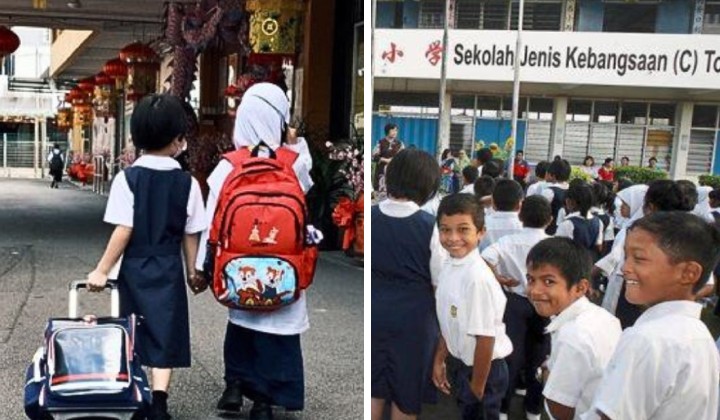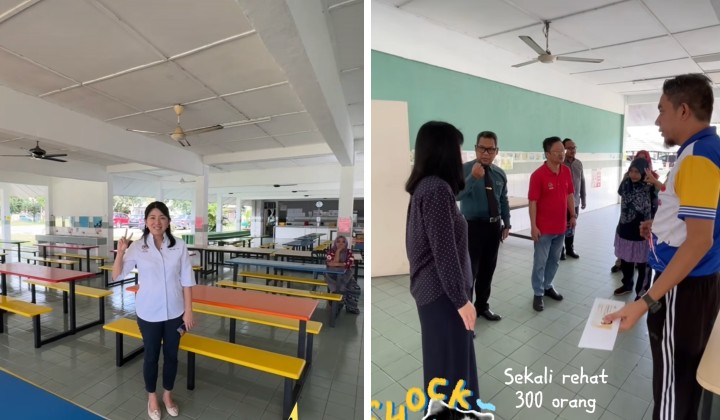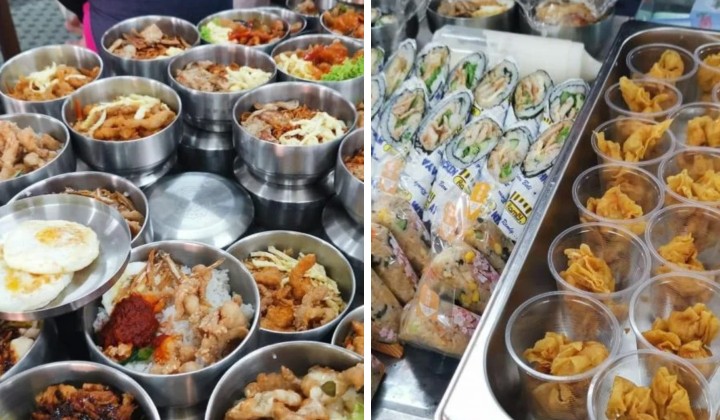Taylor’s Urban Farm Advocates For Automated & Sustainable Agriculture In KL
TUF offers students the chance to learn, experiment and gain practical knowledge on sustainable urban farming on campus.
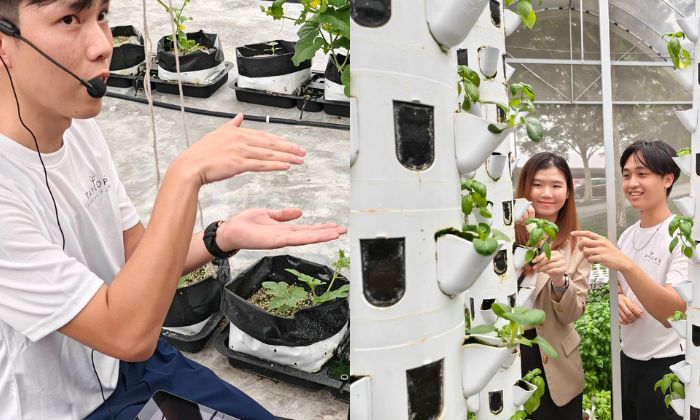
Subscribe to our FREE Newsletter or Telegram channel for the latest stories and updates.
Imagine having rows of edible fruits, vegetables and herbs growing around town, and harvesting deliciously fresh, organic and pesticide-free produce all year round.
Well, that is the future envisioned by the students and staff at Taylor’s University with the introduction of Taylor’s Urban Farm.
TUF (for short) is a hi-tech greenhouse built on a one-acre plot of land that used to be a parking lot at the institution’s Lakeside Campus. It houses over 20 types of greens planted on vertical towers, grow beds and autopots, and is managed by student volunteers.
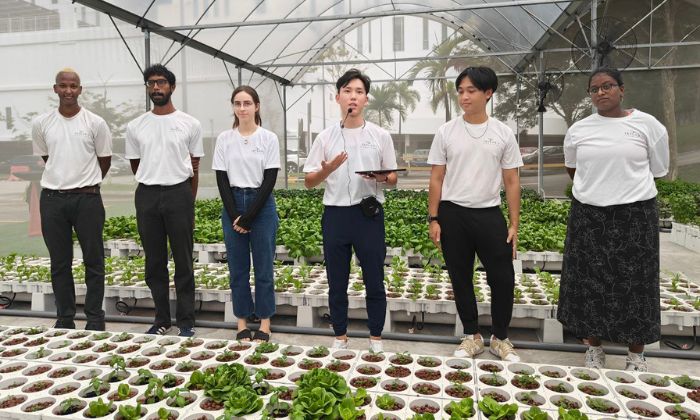
This urban farming system runs on hydroponics—where plants are grown in water instead of soil—uses recycled water and zero pesticides.
The system is also semi-automated with the use of sensors and software to ensure that the plants are growing well and to minimise strenuous farm work. Everything in the greenhouse, from the water to the lighting, can be monitored and controlled on a single tablet.
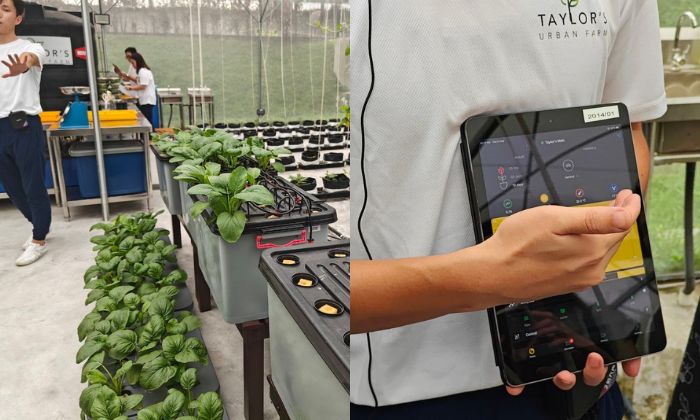
“Even I’m afraid of the hot sun,” said Sean Lee the Co-Founder of NewGen Agronomy and E-Farm, and a Master of Food Studies student at Taylor’s who was there to give us a tour of TUF’s facilities.
He suggested that the back-breaking work associated with traditional farming may be the reason why today’s youth are uninterested to venture into agriculture. However, through the use of technology and automation, this might change and farming may become like any other 9-to-5 job.
This technology will avoid us from having to work under the hot sun and harsh conditions. We can wake up at 5 am, work until 8 am and you’re done. The rest is automatic. Everything from your fertiliser, your fans, and your lights are all automatic.
Co-Founder of NewGen Agronomy and E-Farm and Master of Food Studies student at Taylor’s Sean Lee.
Lee also said that urban farming is eco-friendlier than traditional farming and can also provide up to 10 times more yield out of the produce grown.
The reason why we can do urban farming in KL is that we do not pollute the surrounding environment. We are a very eco-friendly farm. Whereas traditional farms we’ve found the release of chemicals, pesticides, insecticides, fungicides, and fertilisers into the surrounding area, causing harm to animals and water. For us, it’s a closed-loop system, so we don’t have chemicals spilling out. So we are more sustainable, we reduce our work, but increase our yield at the same time.
Co-Founder of NewGen Agronomy and E-Farm and Master of Food Studies student at Taylor’s Sean Lee.
Taylor’s is the first private university in Malaysia with a Minor in Sustainable Urban Farming where students will be taught several modules in areas such as crop development, production and management through hydroponic systems, sustainable agriculture, and agriculture automation and data management.
TUF offers students the chance to learn, experiment and gain practical knowledge on sustainable urban farming on campus. Annually, the farm has the capacity to grow and harvest a total output of over 4000 kg worth of produce.
The greenhouse is even able to grow cold-loving plants like lettuce under its climate-controlled conditions.
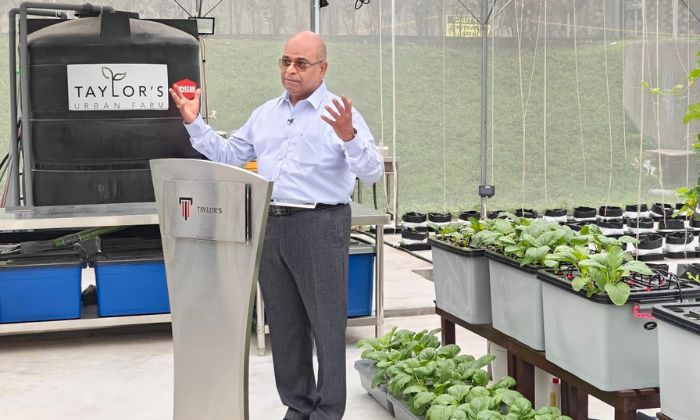
80% of the produce grown at TUF will be supplied to the university’s academic kitchens, allowing students from Taylor’s Culinary Institute and the School of Food Studies and Gastronomy access to a fresh and nutritious supply of vegetables, fruits, and herbs grown within the same campus.
“By building a sustainable food and agriculture system to ensure food security and safety, we can play our part to improve the overall nutrition and sustainability of Malaysia’s food supply by 2030,” said Taylor’s University Deputy Vice-Chancellor and Chief Academic Officer Professor Dr Pradeep Nair.
He mentions that the university plans to get youths from low and middle-income groups involved to learn more about modern agriculture techniques and promote urban farming as a sustainable way to make use of public spaces in the Klang Valley.
Every semester, students and educators will lead projects and bring the M40 and B40 groups into the campus. If you look at the Klang Valley, we have all the parks, the open spaces, and all the unused public areas and we can work with local governments. We want this to spread throughout the community.
Taylor’s University Deputy Vice-Chancellor and Chief Academic Officer Professor Dr Pradeep Nair.
Typing out trending topics and walking the fine line between deep and dumb.

